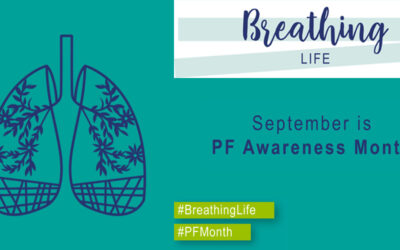The Imperial College London is running a qualitative research project (meaning there are no medications to take) called POSTPF to understand people’s views of screening and early treatment in pulmonary fibrosis to help develop an effective screening programme.
You may be able to participate if you:
- Have a diagnosis of pulmonary fibrosis
- are the first-degree relative (parent, sibling, child) of a person diagnosed with pulmonary fibrosis
- have participated in screening for lung cancer (called lung health check in the UK)
- are a healthcare professional working with people with pulmonary fibrosis for three or more years
The study involves sharing your views in a one-to-one interview (approximately 60 minutes long) via remote video call (Teams or Zoom). The discussion will be recorded and transcribed, and a face-to-face interview will be available for those living in London.
This research project is funded by the National Institute for Health and Care Research (NIHR). If you are interested in taking part or would like more information about this study, please email postpfstudy@imperial.ac.uk
Thank you for your help!








